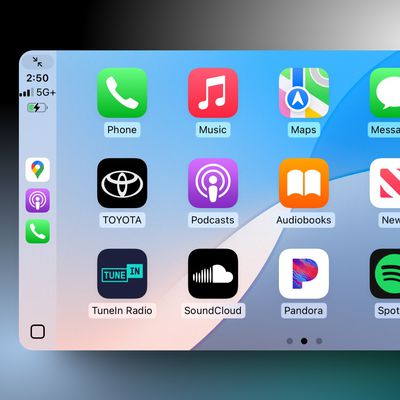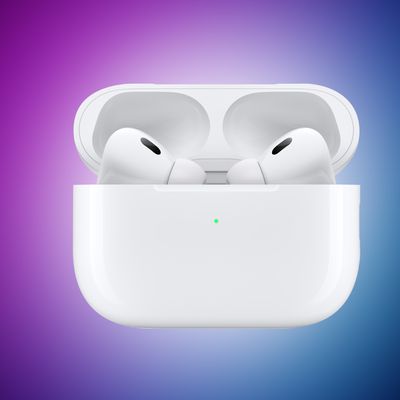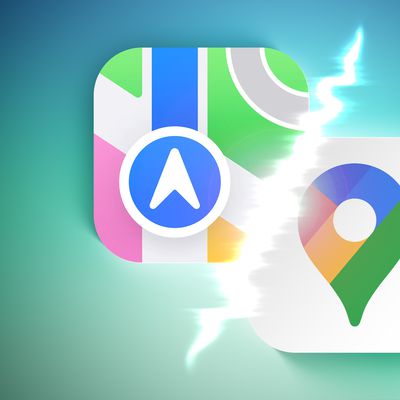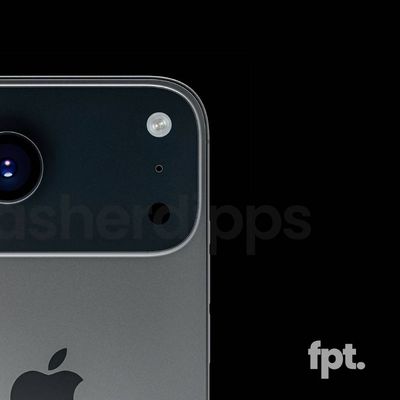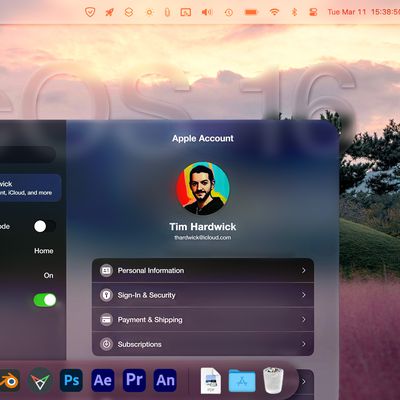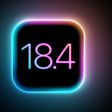Apple today released an important bug fix for 2018 MacBook Pros, which was designed to address an issue that caused the machines to excessively throttle when doing system intensive tasks.
The bug fix came in the form of a supplemental update to macOS High Sierra 10.13.6, which many new MacBook Pro owners have now installed on their machines. Multiple MacBook Pro owners and media sites have been testing the new patch, and the results appear to be largely positive -- the throttling issue has been resolved for the most part and the machines are performing better.
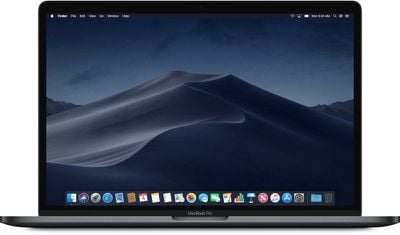
CNET for example, did some before and after testing with a video encoding test. Prior to the patch, the Core i9 machine the site tested saw frequent fluctuations in internal temperature and CPU clock speed, while after updating, the CPU throttling in the Core i9 MacBook Pro ceased, with the clock frequency of the cPU and internal system temperature remaining stable.
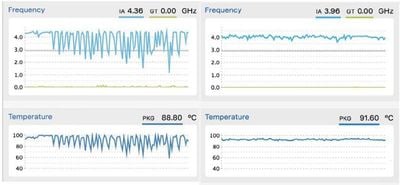
Macworld shared some preliminary test results from its 4K Adobe Premiere test and had similar results, with even clock speed at or above base rather than spiky throttling. Macworld estimates that prior to the patch, the 2018 Core i9 15-inch MacBook Pro was 11 percent faster than the last year's comparable 2.9GHz Core i7 MacBook Pro. After the patch, "it's more like 20 percent faster."
Preliminary results from our 4K Premiere test:
2017 2.9GHz Core i7: 90 min
2018 Core i9 before patch: 80 min
2018 Core i9 after patch: 72 min
Also, very even clocks at or above base instead of spiky throttling. pic.twitter.com/4CtgJ72pRt — Macworld (@macworld) July 24, 2018
Dave Lee, who highlighted the throttling problem in the first place, tweeted some post-patch test results and said the performance was much better.
sooo much better pic.twitter.com/AKIeXYpKAH — Dave Lee (@Dave2Dtv) July 24, 2018
Geekbench Labs founder John Poole tested the 2018 Core i9 MacBook Pro after the patch and found that it was faster with a more stable processor frequency. It was slightly slower than the 2018 Core i7 MacBook Pro. Poole says that while long running heavily multi-threaded tasks are going to see similar performance on the Core i9 and Core i7 machines, single and lightly-threaded tasks should be faster on the i9.
After applying the latest update from Apple, I re-ran the Geekbench build test on the i9. It’s slightly faster, but processor frequency stays stable when building (which is comforting). Still technically slower than the i7, but close enough that, practically, it doesn’t matter. pic.twitter.com/hOogCt6ZB0 — John Poole (@jfpoole) July 24, 2018
MacRumors reader Aea shared pre-patch and post-patch Cinebench benchmarks done with the 15-inch MacBook Pro with Core i9 chip showing the jump in score following the update.
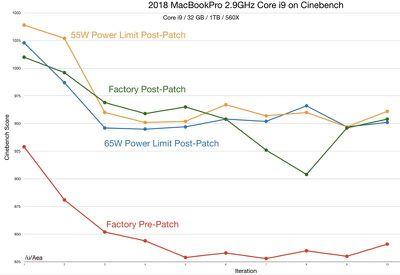
Multiple Reddit users with 2018 MacBook Pro models have been sharing their benchmarking and testing results after installing the supplemental update and have seen significant improvements. This image from Reddit user XNY, for example, depicts a before and after from a 13-inch 2018 MacBook Pro with a Core i5 chip.
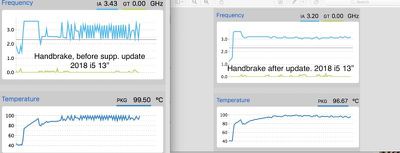
Another Reddit user (apple_) confirmed that following the update, his Core i9 machine is performing consistently better.
I did all the original tests and I can confirm, for myself, that I am continuously getting the base clock speed or above in the torture test with Prime 95. Even so much as getting between 2.9 - 3.9 when I was 4 tests in. Also ran cinebench and OpenGL got 106 fps and the cpu test I got above 1000 for every test ran. Thank you Apple for this quick fix and thank you for everyone bringing these issues to light.
The throttling issue was first discovered just a few days after the MacBook Pro models were released, when YouTuber Dave Lee tested the top-of-the-line 2018 15-inch MacBook Pro with 2.9GHz Core i9 chip using Adobe Premiere Pro and found that it was underperforming compared to a 2017 MacBook Pro due to what Lee said was an "unacceptable" level of throttling.
Apple reached out to Lee to and worked with him to replicate his workflow, getting to the source of the bug. Apple discovered that there was a missing digital key in the MacBook Pro firmware that impacted the thermal management system, driving down clock speeds under heavy thermal loads. This was a problem that appears to have affected all 2018 MacBook Pro models.
The problem appears to have been successfully addressed in today's macOS High Sierra supplemental update, and Apple has issued an apology to customers who experienced less than optimal performance on their new 2018 machines.
Customers who have a 2018 MacBook Pro and have not installed the update should do so immediately to see the performance improvements for themselves.
Update: Dave Lee, who first found the throttling issue, also uploaded a new video and says the supplemental macOS High Sierra update has successfully fixed the throttling issues that he saw prior to the patch.
Using the same Adobe Premiere render time test, Lee found that the Core i9 MacBook Pro was significantly faster than the 2017 Core i7 model that had beaten it prior to the patch.
Lee went even further and tested six laptops equipped with an i9 from various manufacturers. Unsurprisingly, thicker laptops with better cooling did outperform thinner laptops, including the MacBook Pro. The Alienware 17 R4, Acer Helios 500, and Asus G703 (all very thick) saw higher average clock loads.
The Dell XPS 15 and the Zenbook Pro were right on par with the 2018 MacBook Pro. None of the laptops tested beat the MacBook Pro when it came to noise level though, with the MacBook Pro winning out as the quietest of the bunch. Lee says that overall, the Core i9 MacBook Pro is performing the way that a 6-core MacBook Pro should, but he wishes Apple had engineered a better thermal solution for the i9.


